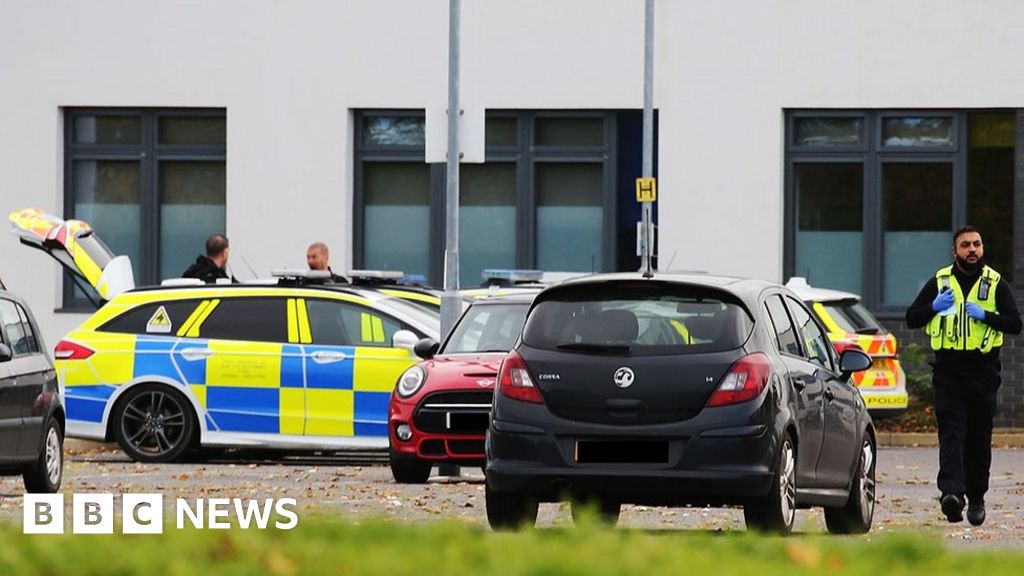If management are not undertaking safety-critical duties within the relevant period, then is there anything wrong with them consuming alcohol at a work event?
It sends out the wrong message. As much as I want to live in a country/society where workers don't adjust their levels of professionalism based on what managers do, even though as workers they typically have absolutely no understanding of the stress and strains of being a manager, this is what we are stuck with. One of the many burdens of management - considering how your actions will be perceived and potentially affect the business.
Sadly, alcoholism is a real issue, that no amount of sanctimony will make go away.
Very low limits just make alcoholics think 'might as well be hung for a sheep as for a lamb'.
It's a messed way of thinking, but it's how some will rationalise having a few more than they should, the idea of not having any at all is anathema to their stressed mind.
The best performing businesses in this country (which has never included the railways, neither public and depressingly not even private) are already well aware of the issues, and do things like allow for confidential help and advice, up to and including educating employees about the basics of alcoholism, such as the counterproductive mindsets it can lead to.
Blue riband outfits do everything they can to avoid the regulatory and legal aspects preventing employees doing the right thing, and managers are taught that this is squarely in the company's best interest. Sanctimony is absolutely discouraged.
But they're obviously not social workers or family members and they do have hard and fast liabilities and thus responsibilities. The culture of workers not reporting issues they should report for fear of being seen as snitches or company men, is a massive issue in workplaces that have yet to evolve.
I'm not sure how you think that could arise, unless you're suggesting it would result in being over the limit at the start of the next shift. I've attended a number of functions outside normal hours as a representative of my employer and never been told that drinking would be a problem. And that's been backed up by very senior staff getting the drinks in.
Nobody can prevent you drinking out of work if you're in compliance with the apllicable window rules. They can ask you why you drank if there was a reasonable possibility you would be fatigued as a result, for your next shift, and you'd get absolutely nowhere if you tried to argue that nobody told you it was a problem.
Assuming this is a factor in your role of course. Even if it isn't, it's wise to be wise to it, since there are very few typical jobs (especially where you might be representing an employer) where fatigue improves your performance or results in a safer environment.
So there’s the potential issue of going to a work team day, going off for some drinks afterwards, and then dropping back into work simply to pick up something out of the locker. Naturally you wouldn’t be in uniform for that situation, but in theory that is permissible.
The only issue here is what the employer has done (or not done) to give the impression to employees that returning to company property while intoxicated to visit the locker room or indeed do anything they somehow see as a personal rather than a work matter.
In those terms, the issue there is what is happening in practice, for whatever reason, and not any ambiguity in the theory, which unsurprisingly these days says don't do this, even if it's not written down. At a minimum, stay outside and get a colleague to fetch your gear or escort you (which by design discourages frivolous visits). To do otherwise is inherently unsafe when you consider the basic issue of fire safety - the safety of yourself, colleagues and the fire service.
This is why in certain industries, locker rooms are specifically sited and breaks/shifts are deliberately timed to make absolutely sure employees have no temptation or even opportunity to mistake a safety critical environment and a more casual almost home like work environment, even accepting that fire safety considerations apply everywhere.
I dare say that with the widespread use of even basic security measures like keypad entry where locations might be spread out or even unstaffed, means that even if the handbook isn't explicit, employees haven't a leg to stand on in the unlikely event something happens during this errand.


